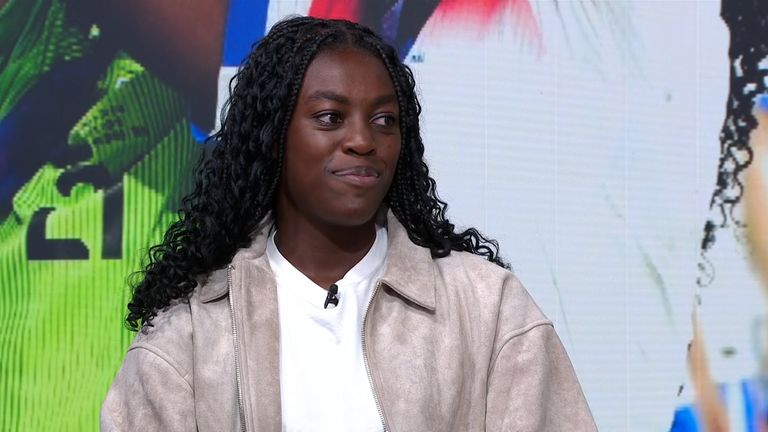Six years after bombings, Belgium readies for biggest trial

Belgium’s worst peacetime massacre left 32 dead and hundreds marked for life. Now, six and a half years later, Brussels will host its biggest-ever criminal trial.
Jury selection begins on Wednesday ahead of hearings into the charges against the nine alleged jihadists accused of taking part in the March 2016 suicide bombings.
The case will be heard in the former headquarters of the NATO military alliance, temporarily converted into a huge high-security court complex.
Hundreds of witnesses and victims will testify in the months to come, some still hope that telling their stories will offer them a measure of closure.
The case will not be the first for 33-year-old Salah Abdeslam, who was convicted in France as a ringleader in the November 13, 2015, Paris attacks that left 130 dead.
He is serving life without parole in France but faces further charges in Belgium.
Both sets of attacks were claimed by the Islamic State group and investigators believe they were carried out by the same Belgium-based cell, including Abdeslam.
The group was planning more violence, allegedly including attacks on the Euro 2016 football cup in France, but acted quickly after Abdeslam was arrested on March 18.
Four days later on March 22, two bombers blew themselves up in Brussels airport and another in a city centre metro station near the headquarters of the European Union.
Alongside those killed, hundreds of travellers and transport staff were maimed and six years on many victims, relatives and rescuers remain traumatised.
Five of the nine defendants to appear in the dock have already been convicted in the French trial. A tenth will be tried in absentia because he is believed to have been killed in Syria.
– Traumatised victims –
According to the federal prosecutor’s office, more than 1,000 people have registered as civil plaintiffs to receive a hearing as alleged victims of the crime.
This makes this trial, scheduled until June 2023 at the former NATO headquarters, the largest ever organised before a Belgian court of assizes.
“I don’t really expect a lot of answers,” said Sandrine Couturier, who was on the Maelbeek metro platform and plans to come to face the defendants.
“But I want to confront myself with what human beings are capable of doing. I have to accept that not everyone is good,” the PTSD survivor told AFP.
Like many of those who have spoken to reporters, she suffers from memory loss and concentration problems. Many seek treatment for depression.
Sebastien Bellin, a former professional basketball player who was due to fly to New York on the morning of March 22, lost the use of a leg in the attack.
He says today that he feels no hatred. “It would suck the energy I need to rebuild myself,” he says.
Jury selection in the case is expected to be arduous.
The court has summoned 1,000 citizens in order to choose among them 12 main jurors with 24 understudies on standby and able to follow daily evidence hearings for months.
The trial should have begun in October, but there was controversy over the dock, in which the accused were to have been held in individual glass-walled boxes.
The defendants’ areas were rebuilt as a single, shared space and after Wednesday’s one-day hearing for jury selection testimony will begin on December 5.
-the guardian







